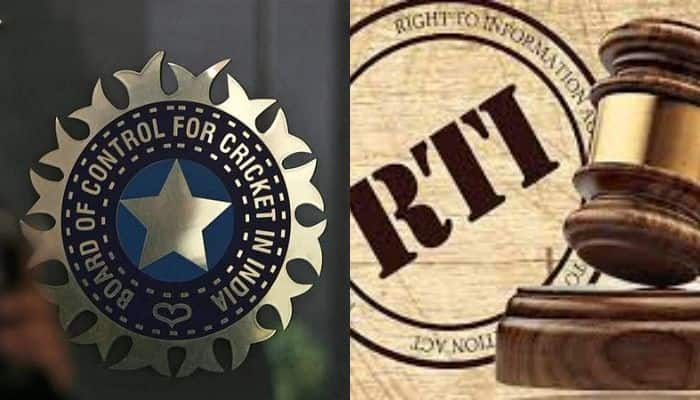Inside BCCI’s RTI Escape: How Indias Richest Sports Body Avoided Public Scrutiny In New Sports Bill
The Board of Control for Cricket in India (BCCI) has once again displayed its political and financial clout, dodging a long-looming inclusion under the Right to Information (RTI) Act. In a significant development that is already stirring debate across the sports fraternity, the Union Sports Ministry has amended the National Sports Governance Bill to exempt BCCI from being classified as a “public authority” — a title that would have opened it to public scrutiny.
Clause Tweak Shields BCCI from Transparency Scrutiny
The earlier draft of the Sports Bill tabled in Parliament on July 23 had explicitly included all National Sports Federations (NSFs) within the scope of the RTI Act, 2005. It aimed to enforce accountability across Indian sport by mandating transparency in decision-making, team selections, fund usage, and governance.
However, a key clause — “a recognised sports organisation shall be considered a public authority under the Right to Information Act” — has now been quietly omitted. The revised version of the Bill specifies that only bodies “receiving grants or financial assistance from the Central or State Government” will be considered public authorities under RTI, effectively sparing the BCCI, which is financially self-reliant and does not receive direct government funding.
Why BCCI Was Let Off the Hook
Sources within the Sports Ministry clarified that the amendment was necessary to remove legal grey areas and prevent the Bill from facing potential litigation. “The amended clause defines public authority as an entity relying on government funds or assistance. This ensures compliance with the RTI Act,” a senior ministry official told The Indian Express.
The exemption appears tailored to the BCCI’s long-standing argument — that its operations are entirely independent of government subsidies, and hence it should not be forced into transparency obligations meant for publicly funded bodies. Despite this, watchdogs argue that the BCCI has enjoyed indirect government benefits such as tax exemptions, land grants, and access to public infrastructure.
Olympic Push Forces BCCI’s Partial Compliance
While BCCI may have dodged the RTI net, it isn’t walking away entirely unscathed. The amended Sports Bill still mandates that the BCCI must register as a National Sports Federation (NSF) — a pre-condition for India’s ambition to include cricket in the 2036 Olympics, where India is bidding to be host. This compliance will bring new obligations: the formation of an Ethics Commission, Athletes Committee, and implementation of the Safe Sports policy, among others.
Moreover, any instance of government assistance — including use of stadiums, security, or land — would open a window for scrutiny under the RTI Act, albeit limited to those specific interactions.
Expert Opinions: Transparency vs Autonomy
The move has reignited discussions around sports governance and accountability. Legal experts and former officials cite the Supreme Court’s 2016 RM Lodha Committee recommendations and the Law Commission’s 275th report in 2018, both of which endorsed the inclusion of BCCI under RTI due to its public function and historical government benefits.
Critics argue that while financial independence is a valid point, the BCCI’s monopolistic control over cricket in India — a sport followed by over a billion people — necessitates transparency. “You can’t be a private body when it suits you and a public institution when it benefits you,” noted a senior legal analyst.





